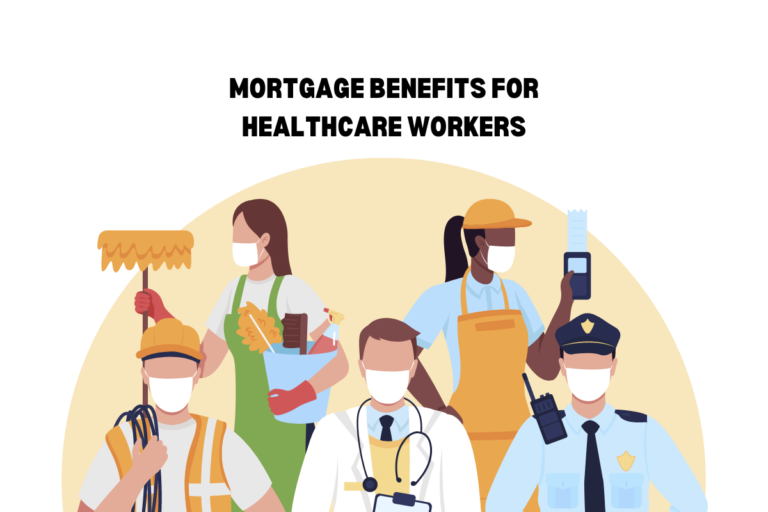Can You Get a Mortgage If You Have Health Problems?
Owning a home is a dream for many, but navigating the mortgage process can be daunting, especially with pre-existing health conditions. You might wonder, “Can I get a mortgage with health problems?” The answer, fortunately, is yes, in most cases. However, it’s important to understand how health factors can influence your application and how to strengthen your chances of approval.
Understanding Lender Criteria
Lenders assess your eligibility based on your financial stability, not your health directly. They primarily focus on:
- Income and Employment: A steady income demonstrates your ability to make consistent mortgage payments.
- Debt-to-Income Ratio (DTI): This ratio compares your monthly debt payments to your gross income. A lower DTI indicates a stronger financial position.
- Credit Score: A high credit score signifies responsible credit management and increases your chances of securing a favorable interest rate.
- Down Payment: A larger down payment reduces the loan amount and risk for the lender.
Health and Mortgage Approval: Indirect Effects
While health isn’t the primary factor, it can indirectly impact your application in a few ways:
- Medical Bills and Debt: High medical bills can inflate your DTI, making it harder to qualify for a mortgage.
- Job Security: If your health condition affects your ability to work consistently, it could raise concerns about your income stability for lenders.
- Mortgage Life Insurance: This insurance protects the lender if you die before the mortgage is paid off. Some pre-existing conditions might make it more expensive or unavailable, potentially impacting your loan options.
Strategies for Success: How to Get Approved
Here are some proactive steps you can take to strengthen your mortgage application despite health concerns:
- Be Proactive with Medical Management: Demonstrate control over your health by consistently managing your condition with medication, regular doctor visits, and a healthy lifestyle.
- Maintain a Solid Employment History: A stable job history with consistent income bolsters your application.
- Improve Your Credit Score: Aim for a high credit score by paying bills on time and managing credit responsibly.
- Save for a Larger Down Payment: A larger down payment reduces the loan amount and risk for the lender, making your application more attractive.
- Gather Documentation: Be prepared to provide documentation of your income, employment, and medical history if requested by the lender.
- Consult a Mortgage Broker: A mortgage broker can help you find lenders who specialize in working with borrowers with health conditions and can guide you through the process.
Additional Considerations
- Transparency is Key: Be upfront with your lender about your health condition. However, there’s no need to disclose unnecessary details.
- Shop Around for Lenders: Different lenders have varying criteria and risk tolerances. Compare rates and terms from multiple lenders to find one that best suits your situation.
- Government Programs: Government-backed programs like FHA loans may offer more lenient qualification requirements, potentially benefiting borrowers with health concerns. However, these programs often come with lower loan limits.
Mitigating Risk: Considering Mortgage Protection Insurance
While not mandatory, Mortgage Protection Insurance (MPI) can provide peace of mind for both you and the lender. MPI offers coverage in case of death, disability, or critical illness, ensuring your mortgage payments are made even if you can’t work. Consider discussing MPI options with your lender or a financial advisor.
Living with a Pre-Existing Condition Doesn’t Have to Hinder Your Homeownership Dreams
By understanding the mortgage approval process, taking proactive steps to strengthen your financial health, and exploring additional options like MPI, you can significantly increase your chances of securing a mortgage even with a pre-existing health condition. Remember, don’t let health concerns discourage you from pursuing homeownership. With careful planning and strategic action, you can turn your dream of owning a home into a reality.






